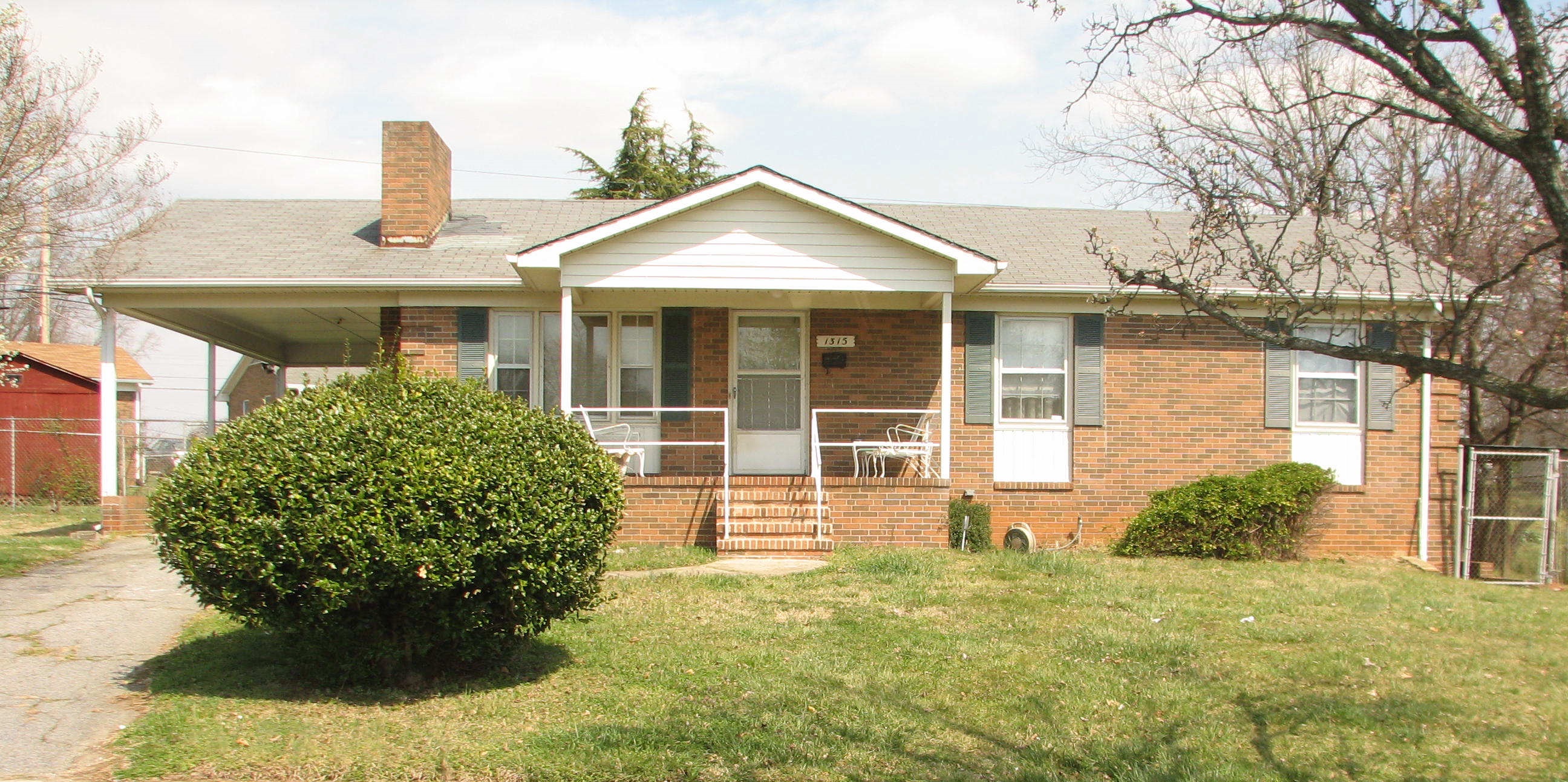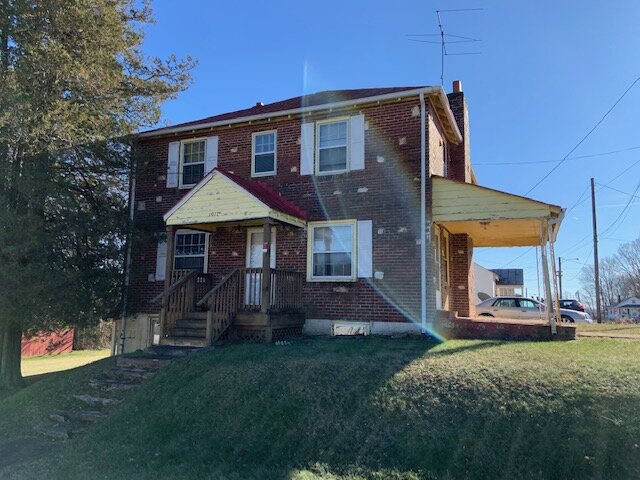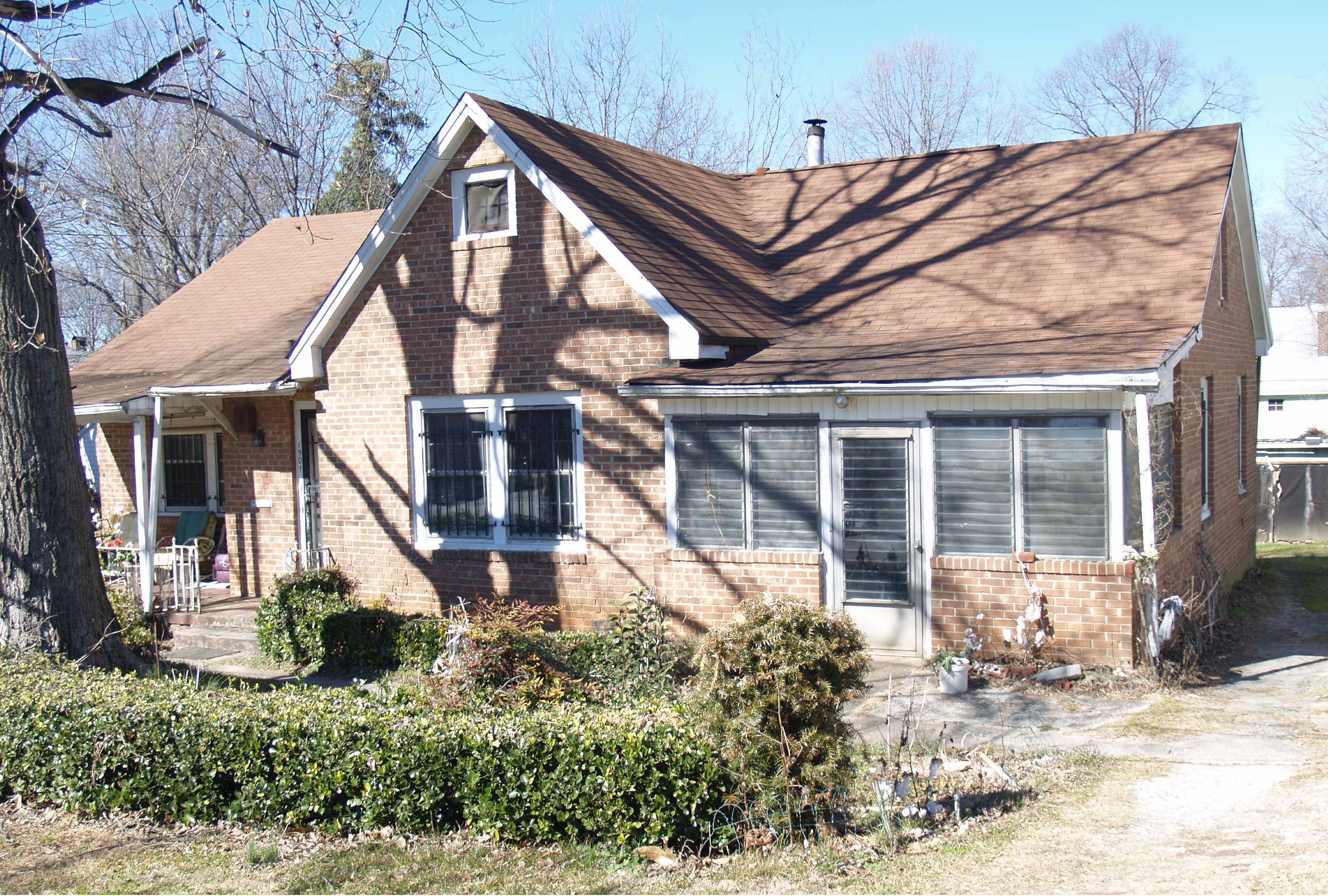
“Mr. Tone, I would like to thank you and your team for helping me and my family! Thank you for being so patient through this process, THANK YOU AMRAN PROPERTY INVESTMENTS!! “

What Should You Do? Right Now!
A squatter is a person who lives in a house, building, or other form of property without financial contributions (i.e., for free). These people are often homeless and live in abandoned or vacant properties, but that’s not always the case. Squatters can start out as paying tenants who, for a multitude of reasons, refuse to or become unable to pay rent but continue residing in the property nonetheless. So what about NC squatters’ rights do you need to know? Keep reading to find out.

According to North Carolina law, squatters are not trespassers unless they have had a legal eviction, i.e., if the property owner files for their removal. While trespassing is considered a criminal offense, NC squatters rights make squatting a civil act.
Evicting Tenants in North Carolina? We Buy Houses in Winston-Salem
Read more about how selling your Winston-Salem property may be the right move after evicting difficult tenants:
Special Report: Tenants Aren’t Paying Up
These rights are a form of Adverse Possession, a title that grants legal ownership to someone living on someone else’s property without having to owe the property owner money.
According to North Carolina law, squatters may have legal rights to possession of a property if there is visible and persistent evidence of their occupation for over 20 years, aka “Continuous Possession.” However, this is only one of five conditions that they need to meet to acquire Adverse Possession.
The definition of Actual Possession can be physical evidence of property upkeep or beautification from a squatter, which is one of the legal grounds for them to gain Adverse Possession, thus taking legal ownership of the property.
Though property taxes don’t have to be legally paid by squatters in order to gain Adverse Possession, if they choose to do so, they are even more likely to achieve this legal title. As such, property owners should monitor tax payments on their properties to combat potential adverse possession claims.
How to Protect Your Property from Squatters in NC
Read more about the specific conditions that squatters need to meet to establish Adverse Possession:

Squatters aren’t only homeless people who move into abandoned properties; they can also be once-paying tenants who have become difficult to deal with. So, as the landlord, it’s your duty to ensure rent is paid by tenants to avoid Adverse Possession from taking place. Though it may be difficult, this endeavor does not need to be hostile.
How to Deal with Bad Tenants in NC
Read more about ways to prevent your tenants from turning into squatters:
Special Report: Deal With Bad Tenants In NC
Experiences with bad tenants can take a huge toll on your mental well-being, especially if you’re beginning to suspect that the situation could evolve into squatting. So, if you’re ready to bid farewell to your landlord journey ASAP, you’re in luck as we buy houses in Winston-Salem for cash.
Direct Property Buyers Can Free You from Bad Tenants
Read more about how to sell your rental property for cash with ease:
Special Report: Property Buyers Can Free You from Bad Tenants
Must Your House Look Like This In Order To Keep Squatters Out?
Here’s What We Can Do For You

Testimonials

“Mr. Tone, I would like to thank you and your team for helping me and my family! Thank you for being so patient through this process, THANK YOU AMRAN PROPERTY INVESTMENTS!! “



WOW, YOU GUYS ARE GREAT!
“My experience with Amran Property Investments (Tone’) was great! Working with you guys answered all my questions and you made the process of my first time buying a home work out very well. Thank you Tone’ and hope to purchase another home from you guys in the near future”.



“Tone, thanks for all of your assistance with my mom on the sale of the house. We really appreciate it. Everything went very smoothly as you said it would.”



Sell quickly without the pressure of having to go through the legal mayhem to evict or remove any unwanted people from your property. Sell us your property and leave all of the legal work to remove any squatters to us. We’re confident we can help you, no matter your situation.
We’re experts in real estate solutions, offering fast cash offers to homeowners. No matter the condition, we buy houses quickly.
Connect Via Text
https://amranpropertyinvestmentsllc.h.trustco.ai/
Messaging T&C’s
https://amranpropertyinvestmentsllc.h.trustco.ai/#termsArea
Messaging Privacy Policy
https://amranpropertyinvestmentsllc.h.trustco.ai/#privacyArea
© 2024 Amran Property Investments, LLC - Powered by Carrot